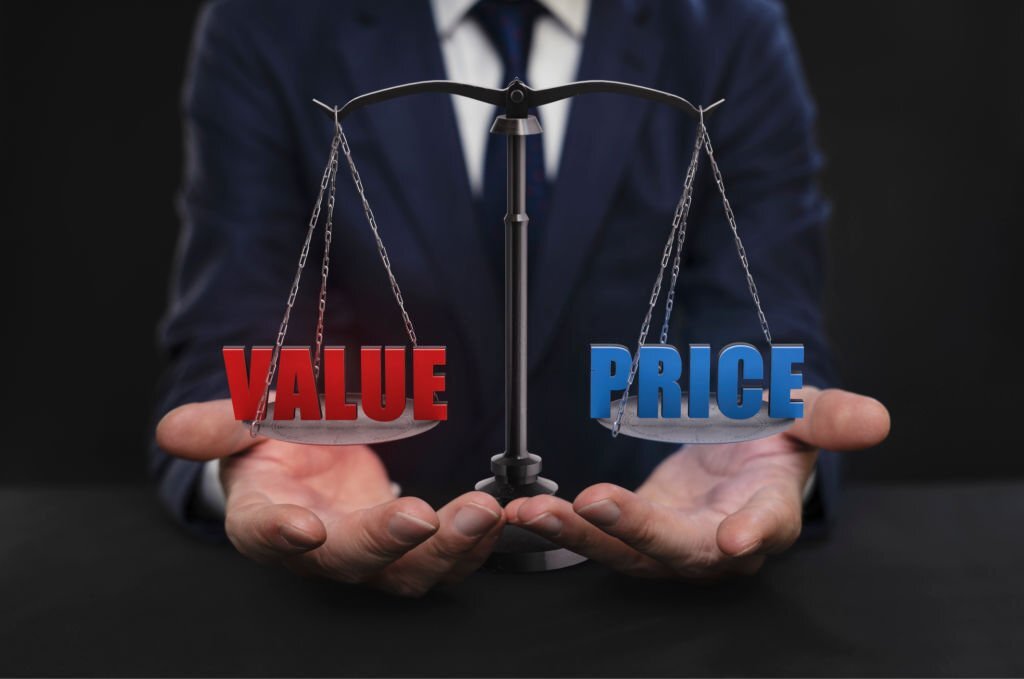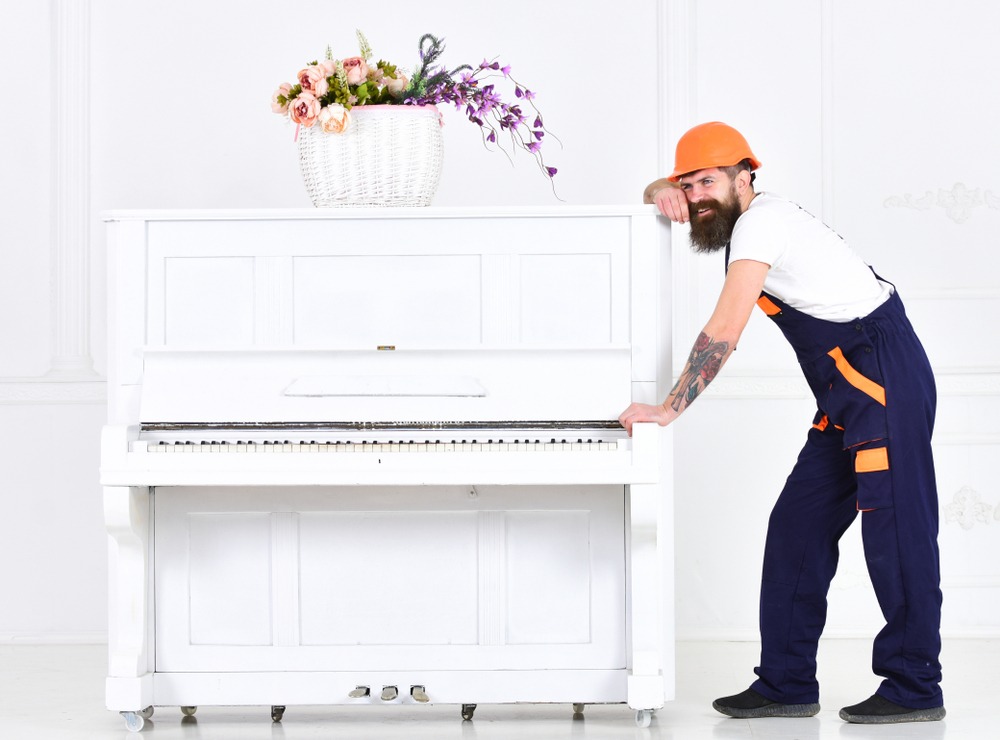When you have little experience with used piano quality or structure, looking for a used piano can be intimidating. Buyers have a unique option when buying a piano for their home: the used piano market.
This article reviews some important considerations to remember when looking at used pianos. An acoustic piano has about 10,000 moving parts, so many things could go wrong if you make an ill-informed purchase!
Understand the perks of buying a Used Piano.
One of the biggest pros of purchasing a used piano is that you will pay significantly less than you would for a new one. You can fix and restore the majority of antique pianos to the point where they look brand new. If you favor a vintage aesthetic, you can also find many used pianos with an antique appearance.
Brand
Having a specific brand in mind is helpful when looking for a pre-owned piano. Is a Yamaha the one you’re after? You may have your heart set on a European or Baldwin model.
This extensive catalog of piano manufacturers is a great place to begin your search. Jot down a couple that piques your attention, then read up on the various models and the company’s background.
The kind of piano.
The first step in purchasing a used piano is determining what you need. Here, there are only two choices: grand or upright. An upright might be the best option if a beginner plays the piano. A grand piano would be a much better option for a pianist with more experience.
All you need is something eye-catching to keep on display in your house to entertain guests. Every type of piano has advantages and disadvantages, ranging from sound quality to size, potential longevity, and action.
The interior
Look for any signs of damage on the iron frame and the hardwood soundboard. Leaving this inspection to a professional is best because it is only occasionally straightforward. By carefully checking the felts for holes or other flaws, you can eliminate the possibility of moth activity. It’s crucial to check an older instrument’s casing to ensure no signs of woodworm.
Are there any ridges or flat areas on the hammers? Given these blatant signs of excessive use, it would be sage for the purchaser of such an instrument to proceed with the utmost caution. Experts advise speaking with a piano specialist for guidance on placement if you’re interested in buying a used piano. Direct sunlight and central heating can damage your instrument’s interior and exterior cabinets, which can also affect the stability of the tuning. Some reputable piano brands would be happy to share their knowledge with you.
Age
A piano’s “reasonable life,” or the time it will continue to produce high-quality touch and tone, is between 20 and 100 years. The best handmade pianos should play well into their 70s, but a mass-produced piano should last, on average, between 50 and 65 years (give or take).
Check on the piano keys.
Examine a potential piano’s keys to see if they are cracked, discolored, chipped, or missing. Buying a new piano might be more economical than paying for pricey repairs if you find any problems.
Note that 88 keys are needed (52 white and 36 black). As you press the keys from left to right, pay attention to the space between each one. The keys should move about 2 mm if you push them from left to right. If one key touches the one above it, the keys will be overused or damaged.
Consider buying new bushings if you’re determined to purchase the piano despite its condition. The felt bushings that prevent the piano keys from rattling are.
How does it play?
How does the piano sound when someone is playing it? Are the notes coherent? Are all the phones functional? If the sound is off, the dampers might be to blame because they have either grown harder with age or the springs have cracked. Whatever the case, dampers are essential and must function and be controlled correctly.
The bass notes, typically softer and muffled than the rest of the piano, should be given special attention if you hear any rattling or buzzing. Investigate any creaking or squeaking coming from the pedals, as it may indicate problems with the internal mechanisms.
Do you require any more details before purchasing a used piano? If you have any inquiries, please message us or post them in the comments section!


